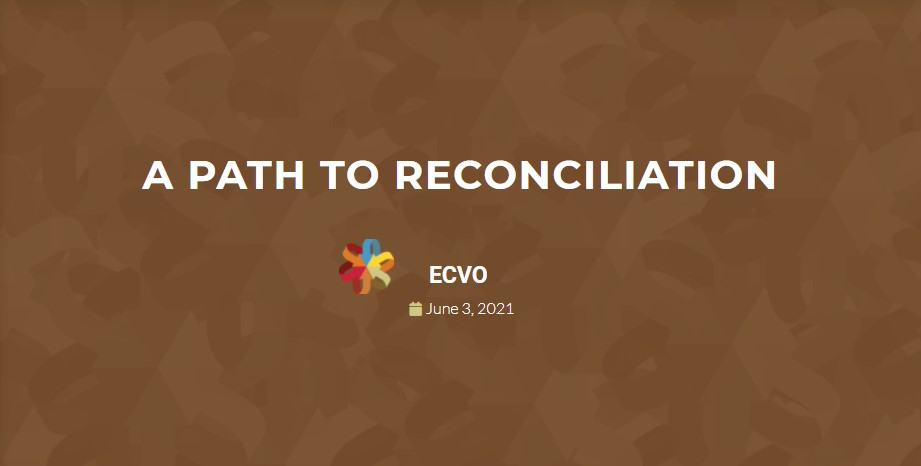A Path to Reconciliation

Last week’s discovery of 215 Indigenous children’s remains found at the Kamloops Indian Residential School rightfully caused Canada to pause and reflect on the legacy of residential schools and the woefully unheeded recommendations from the Truth and Reconciliation Commission of Canada in 2015.
The news has uncovered so much grief for Canada, and particularly so for Indigenous families and residential school survivors. It is a stark reminder of the centuries-old occupation of these lands that forms the very basis of our nation, and the generational trauma that has affected — and continues to affect — Indigenous peoples on this land. This discovery is no mere “dark chapter in history” being unearthed, as it is often portrayed; it is current, it is palpable, and it underlines every aspect of Canadian life.
It is also a reminder that the non-profit sector — no matter the intentions and impacts of charitable work in communities — are largely occupiers who have long benefitted from colonialism and subjugation. Should one stop to reflect on the sector and its structures, it becomes apparent that structural inequities influence everything from funding and hiring to program development and delivery. It’s high time we as a sector consider the ways that we fundamentally contribute to continues injustice and inequity. The time for reflection is past; it’s time to move toward action.
READ MORE HERE
-
By
-
Published
Jun 03, 2021
-
Subject Area
- Information, Referral, & Advocacy
- Organizational Development
-
Audience
- Service Providers (Non-profits, Community Organizations, Local government)
-
Category
Newsletter
Sign up for the Healthy Aging CORE Alberta e-news to keep up-to-date with activity from the platform and the Community-Based Seniors Services (CBSS) sector across the province.
